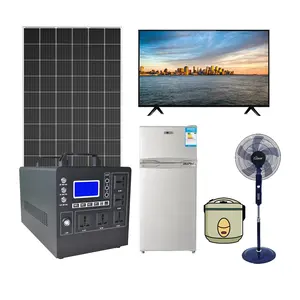Popular in your industry









































































Top categories
About 30 gallon fuel cell
Introduction to 30 Gallon Fuel Cells
The 30 gallon fuel cell is a versatile energy storage unit, widely utilized across various industries for its capacity to efficiently store and dispense fuel. This product category encompasses a range of designs, each tailored to meet specific operational needs.
Types and Applications
Fuel cells of this size can be found in configurations such as the 30 gallon aluminum fuel tank and the 30 gallon fuel cell with sending unit. The aluminum variant is favored for its lightweight properties and resistance to corrosion, making it suitable for automotive, marine, and aviation applications. On the other hand, fuel cells equipped with sending units provide real-time fuel level data, crucial for machinery and vehicles that require precise fuel management.
Features and Materials
Key features of the 30 gallon fuel cell with pump include an integrated pump system that facilitates the transfer of fuel, enhancing convenience and safety. The construction of these cells often involves robust materials such as aluminum, which offers durability while maintaining a lighter weight compared to other metals.
Advantages of Using 30 Gallon Fuel Cells
Employing a 30 gallon aluminum fuel cell comes with several advantages. These cells are designed to be leak-proof and are often certified to meet stringent safety standards. Their size is ideal for a balance between substantial fuel capacity and space conservation, making them an excellent choice for a variety of applications.
Considerations for Selection
When selecting a 30 gallon fuel cell, it is important to consider the specific requirements of the application, such as compatibility with the type of fuel used, the necessary safety features, and the environmental conditions it will be exposed to.
Maintenance and Sustainability
Regular maintenance of these fuel cells is essential for ensuring longevity and performance. Sustainability is also a key factor, with many cells being designed for ease of recycling at the end of their lifecycle.




















